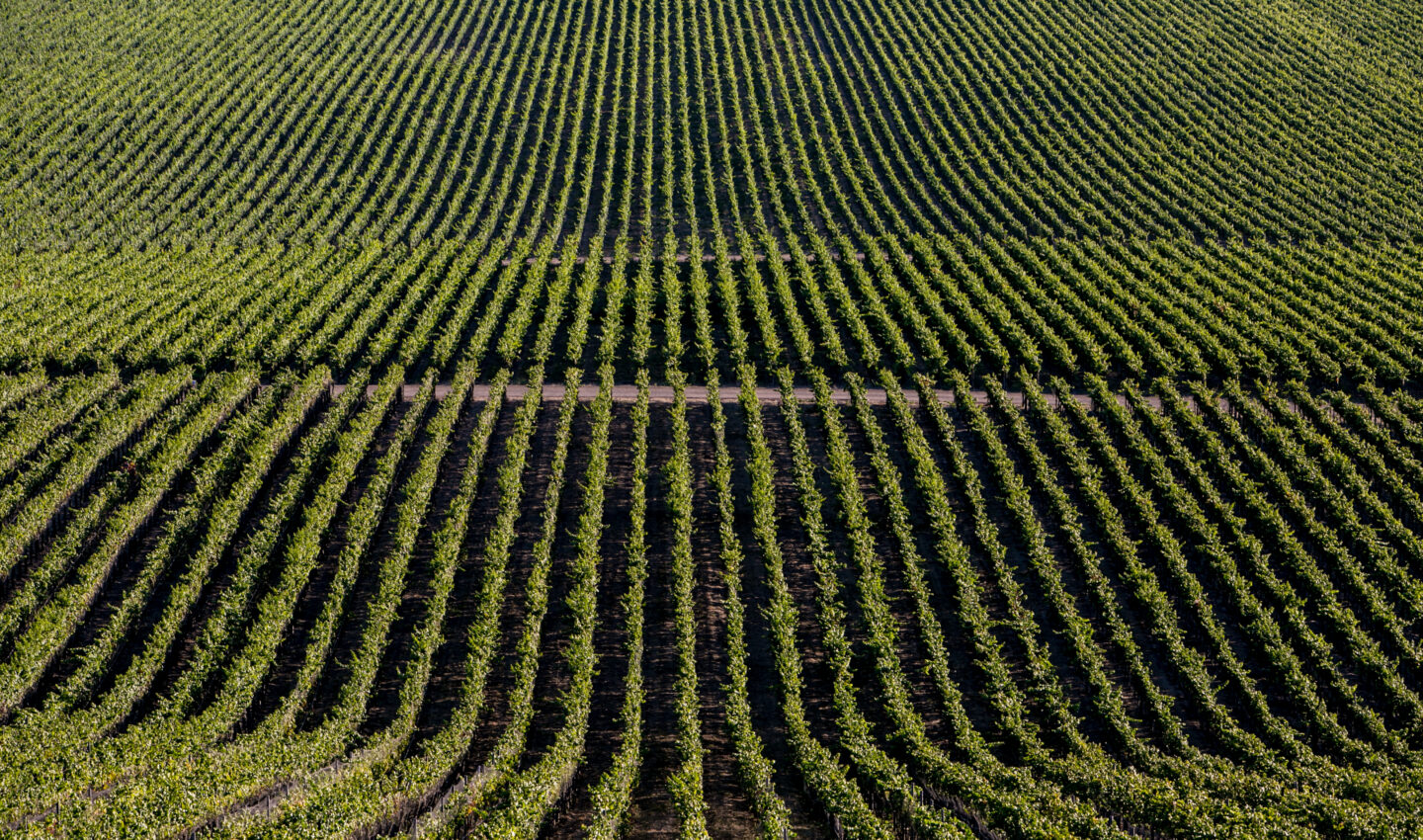Wholesale Laws for California
Last Updated: Sept. 9, 2024
Summary
The California Department of Alcoholic Beverage Control (ABC) is divided into three elements: administration, licensing, and compliance. The Department’s Headquarters in Sacramento consists of the Director’s office and other offices performing licensing, fiscal management, legal, trade practices, training, and personnel/labor relations and other administrative support functions.
A Type 02 Winegrower licenses provides several privileges to the license holder, including the privilege to self-distribute to a retail licensee within the state. The information below is for educational and informational purposes and shall not be construed as legal advice.
Note: the alcoholic beverage tax is a per-gallon excise tax collected on the sale, distribution, or importation of alcoholic beverages in California. The California Department of Tax and Fee Administration (CDTFA) collects the tax and administers the program in cooperation with the Board of Equalization. The Board of Equalization hears all appeals for claims for refund or petition for redetermination denials. The CDTFA also collects the sales tax.
Laws & Rules:
Supplier Licensing
Required: Yes
Name: Type 02 Winegrower
Expiration: All licenses are renewed on a 12-month basis.
Secretary of State Registration: Required
A Type 02 California Winegrower License authorizes the sale of wine to a CA wholesaler. Licensure is not required for wineries outside of California to sell to a wholesaler.
It is the responsibility of the licensee to renew his or her license whether a renewal notice has been sent by the ABC and/or received by the licensee.
All licenses may be renewed by paying the required renewal fee before the license expires.
Following the expiration of a license, the licensee may legally operate for an additional 60 days during which time the license may be renewed by paying the renewal fee and a 50% penalty. If the renewal fee and penalty fee has not been paid within 60 days of the expiration of a license, the license is canceled, and the licensee may not exercise any privileges of the license. The licensee does have an additional 30 days in which to reactivate the license by paying the renewal fee and a 100% penalty. If the penalty and renewal fee are not paid by the end of the 30th day following cancellation, the license is revoked.
Privileges of Type 02 Winegrower License:
- Authorizes the sale of wine and brandy to any person holding a license authorizing the sale of wine and brandy.
- Authorizes the sale of wine and brandy to consumers for consumption off the premises where sold.
- Authorizes the sale of all wines and brandies, regardless of source, to consumers for consumption on the premises in a bona fide eating place that is located on the licensed premises or on premises owned by the licensee that are contiguous to the licensed premises and operated by and for the licensee.
- Authorizes wine tastings under prescribed conditions.
- Authorizes direct shipments of wine to California residents of legal drinking age.
- Authorizes licensees to conduct or participate in, and serve alcoholic beverages at, an instructional event or instructional tasting event for consumers held at a retailer’s premises if specified conditions are met.
- Authorizes licensees to sell directly to retail accounts in the State of California.
Resources:
Product Registration
Required: No
Label registration and/or approval for wine products is not required. However, California law requires “conjunctive labeling” in Monterey County, Sonoma County, Napa Valley, Lodi, Paso Robles and Mendocino County, whereby if a wine is bottled and labeled with an American Viticulturally Area (AVA) located entirely within one of these larger regions, then the larger region must also be designated on the bottle.
Product Label Resources:
Bottle Bill Law Resources:
Effective January 1, 2024, wine and spirits containers will be added into the Bottle Bill.
Franchise "Monopoly Protection" Law
Franchise Law: No
Exclusive Territories: Not Required
California does not have a franchise law for wine.
Supplier Reporting Requirements
Required: Yes
Winegrowers are required to regularly complete monthly excise tax returns to the Department of Tax and Fee Administration for their wine shipments. These returns must be filed every month, even if no tax is owed for the reporting period. Sales and use tax returns must be made quarterly, monthly, or annually, based on sales. Wine is taxed at $0.20/gallon, Champagne and sparkling wine are taxed at $.0.30/gallon.
In addition, 02 Winegrower licensees must submit an annual Winegrowers/Wine Blenders report to the CA ABC. Beginning, Aug. 30, 2023, this report can be filed online by the “Licensee Administrator.”
Resources:
Sales Representative Licensing
Available: No
Self-Distribution
Self-Distribution: Intrastate Self-Distribution Allowed
License: CA Winegrower License Required
A Type 02 Winegrower license allows the holder to sell directly to retail accounts in the State of California. Self-Distribution by wineries located outside of California is prohibited.
Department of Alcoholic Beverage Control
3927 Lennane Drive, Suite 100
Sacramento, CA 95834
Phone: 916-419-2500
Fax: 916-419-2599
California Department of Tax and Fee Administration
450 N Street
Sacramento, CA 94279
Phone: 800-400-7115
Recent Compliance Alerts
